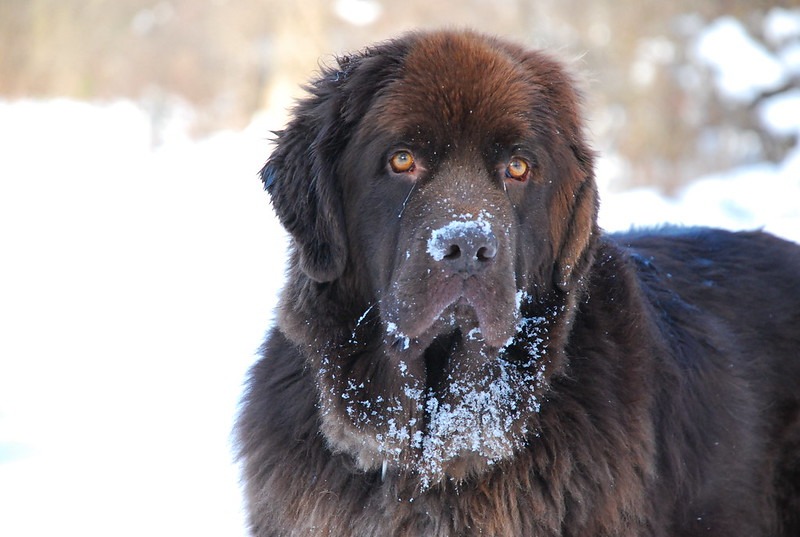
Newfoundland Dog: Gentle Giant of the Water
The Newfoundland, affectionately known as «Newfies,» has a rich history steeped in maritime lore and working heritage. Originating from the Canadian island of Newfoundland, these dogs were bred by fishermen and sailors to assist in various tasks, including hauling nets, retrieving fishing gear, and rescuing drowning victims.
Renowned for their strength, intelligence, and swimming prowess, Newfoundland dogs quickly gained a reputation as invaluable companions to fishermen and seafarers. Their gentle disposition and natural affinity for water endeared them to all who encountered them, earning them the title of «Gentle Giant of the Water.»
Physical Characteristics
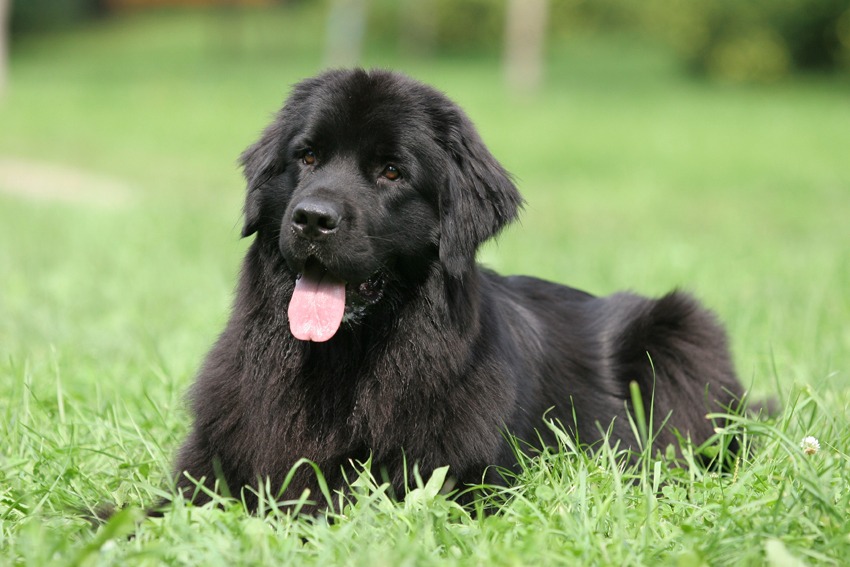
Newfoundlands are large, powerful dogs with a robust build and a distinctive double coat designed to withstand cold water temperatures. They typically stand between 26 to 28 inches tall at the shoulder and weigh anywhere from 100 to 150 pounds or more, with males being larger than females.
One of the breed’s most striking features is its massive head with a broad, square muzzle and expressive, soulful eyes. Newfoundlands have a thick, water-resistant coat that comes in various colors, including black, brown, gray, and Landseer (white with black markings).
Health and Basic Care
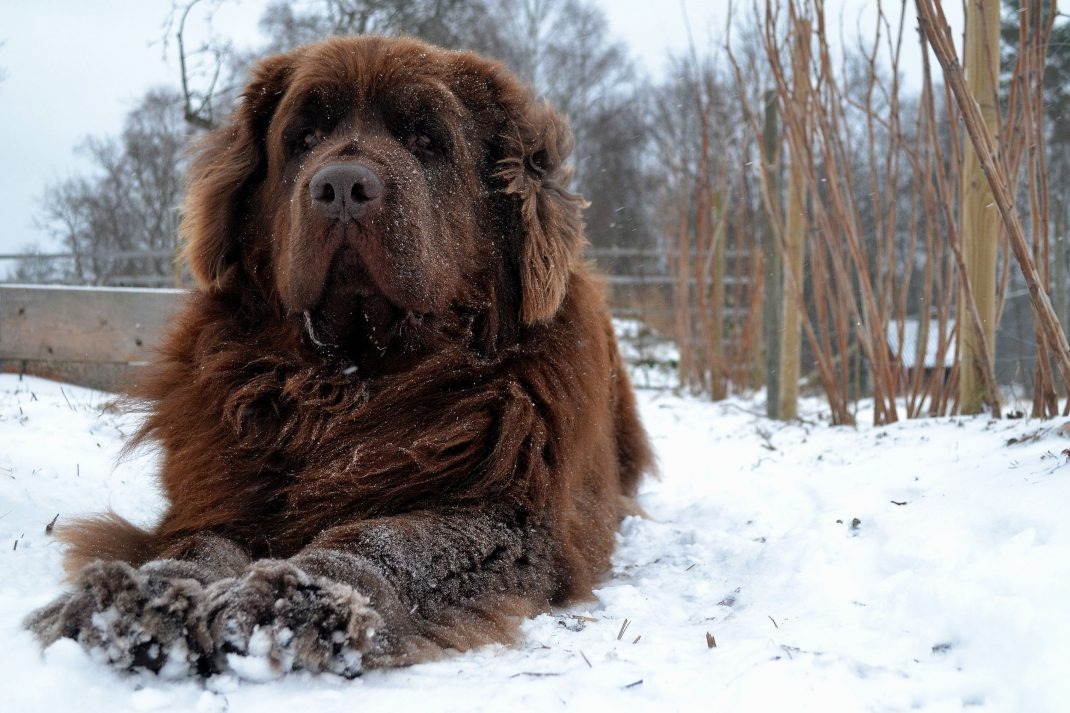
Newfoundlands are generally healthy dogs with a lifespan of around 8 to 10 years. However, like all large breeds, they may be prone to certain health issues, including hip dysplasia, elbow dysplasia, heart conditions such as subaortic stenosis (SAS), and gastric dilatation-volvulus (GDV or bloat).
Regular veterinary check-ups, a balanced diet, and moderate exercise are essential for maintaining their health and well-being. Basic care for a Newfoundland includes regular grooming to prevent mats and tangles in their thick coat. Their ears should be checked and cleaned regularly, and their nails should be trimmed to prevent overgrowth.
Temperament and Personality
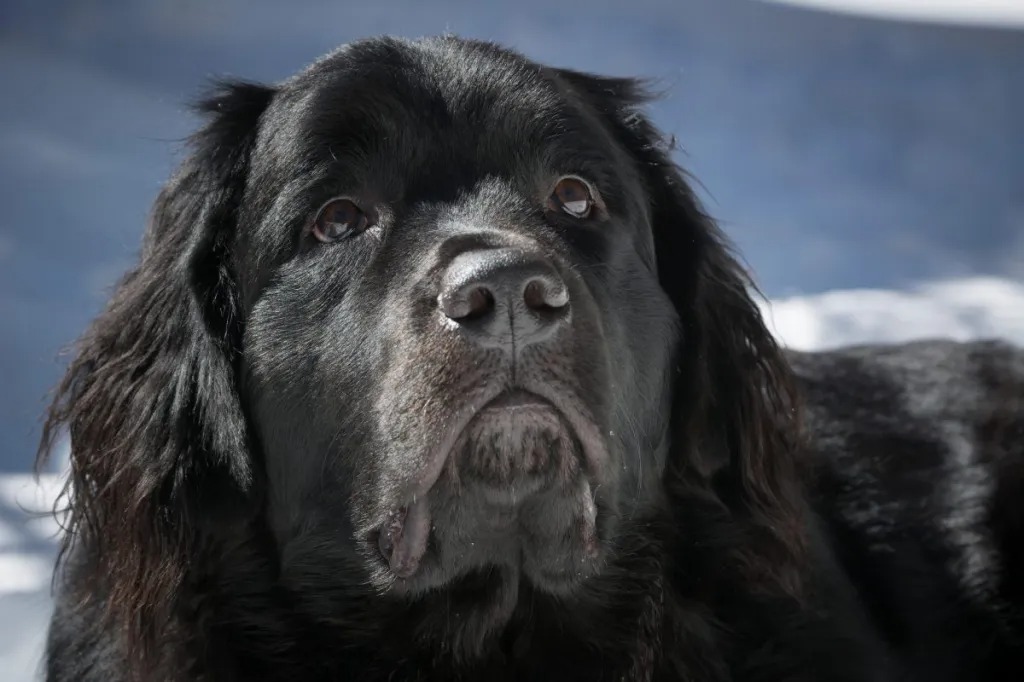
Newfoundlands are known for their sweet, gentle, and affectionate nature, earning them the nickname «Nanny Dog» for their protective and nurturing instincts, especially towards children. They are devoted and loyal companions that form strong bonds with their families, often acting as constant and watchful guardians.
Despite their imposing size, Newfoundlands are renowned for their calm and laid-back demeanor. They are patient and tolerant dogs that get along well with children and other pets, making them excellent family pets and therapy dogs. Newfoundlands thrive on human companionship and prefer to be included in all household activities.
Training and Socialization
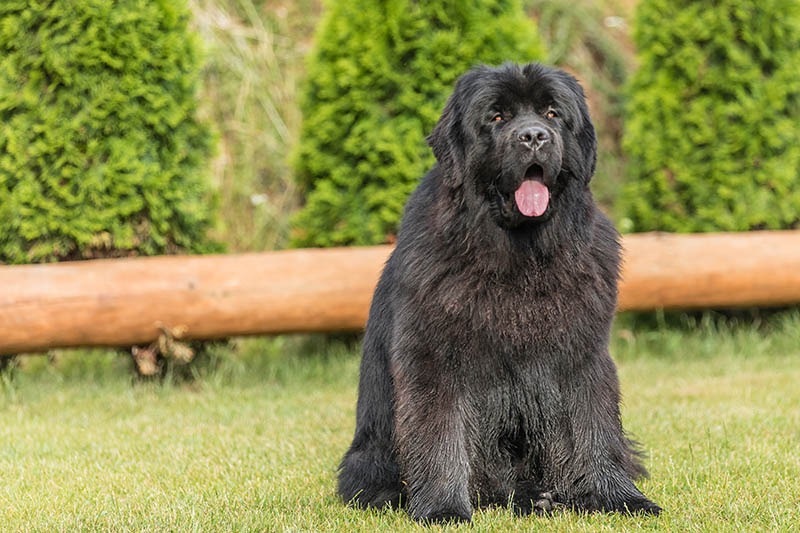
Training a Newfoundland requires patience, consistency, and positive reinforcement techniques. They are intelligent dogs with a strong desire to please their owners, but they may also exhibit stubborn tendencies, particularly during adolescence.
Early socialization is essential for Newfoundland puppies to ensure they grow up to be well-adjusted and confident dogs. Exposing them to different people, animals, and environments from a young age will help prevent fearfulness or aggression later in life.
Nutrition
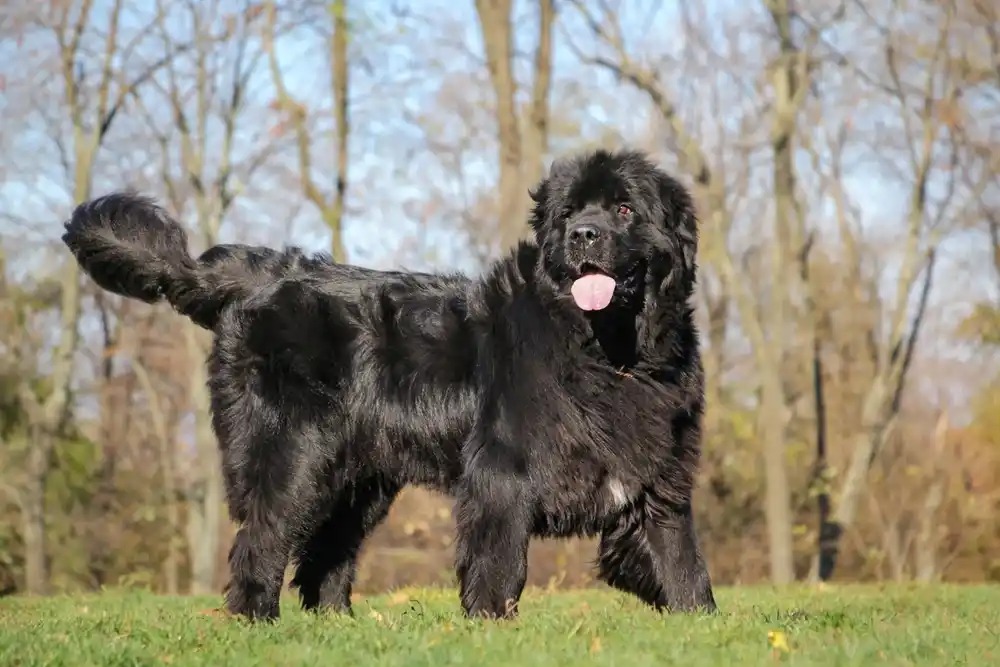
A well-balanced diet is crucial for maintaining the health and vitality of a Newfoundland. Due to their large size and propensity for weight gain, it’s essential to monitor their food intake and provide them with a diet formulated for large breeds.
Choose a high-quality dog food that meets their nutritional needs, with a balance of protein, fat, carbohydrates, vitamins, and minerals. Avoid overfeeding and limit treats to prevent obesity and related health issues.
Suitable Environment
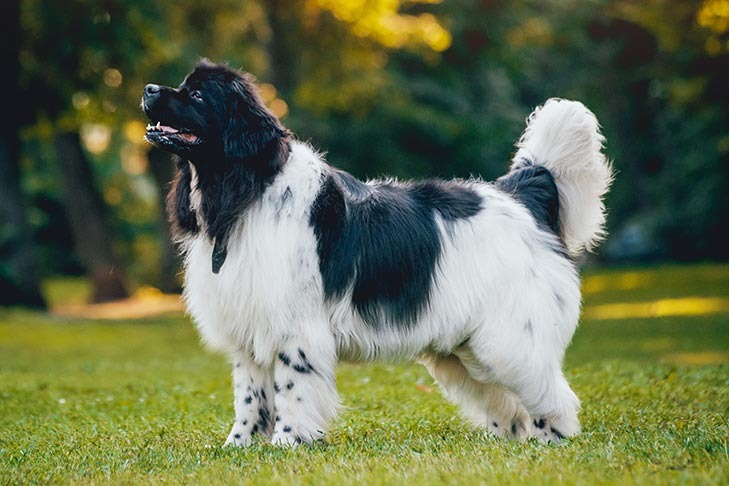
Newfoundlands are adaptable dogs that can thrive in various living environments, including apartments, suburban homes, or rural settings. However, due to their large size and need for exercise, they require ample space to move around comfortably.
While Newfoundlands enjoy spending time indoors with their families, they also benefit from regular outdoor exercise and playtime. Daily walks, swimming sessions, and supervised play in a securely fenced yard will help keep them physically and mentally fit.
Frequently Asked Questions
Are Newfoundlands good swimmers?
Yes, Newfoundlands are excellent swimmers with a natural affinity for water. They have webbed feet and a thick, water-resistant coat that enables them to navigate through water with ease, making them ideal companions for water activities and rescue work.
Are Newfoundlands good with children?
Yes, Newfoundlands are known for their gentle and patient nature, especially with children. They are affectionate and protective companions that enjoy being around kids and make excellent family pets.
Do Newfoundlands drool a lot?
Newfoundlands may drool occasionally, especially after eating or drinking. While some individuals may drool more than others, it’s essential to keep a drool rag handy to wipe their mouth and prevent drool from getting on furniture and floors.
Are Newfoundlands prone to heatstroke?
Due to their thick double coat and large size, Newfoundlands are susceptible to heatstroke in hot weather. It’s essential to provide them with plenty of shade, fresh water, and access to cool indoor areas during hot days to prevent overheating.
Do Newfoundlands require a lot of exercise?
Despite their size, Newfoundlands have moderate exercise needs and enjoy daily walks, swimming sessions, and playtime. They are adaptable dogs that can adjust their activity level to their owner’s lifestyle but still require regular physical and mental stimulation to stay healthy and happy.
Are Newfoundlands good guard dogs?
Newfoundlands are naturally protective of their families and make excellent watchdogs due to their size and deep bark. While they are not aggressive, their mere presence is often enough to deter potential intruders.
Do Newfoundlands shed a lot?
Newfoundlands have a thick double coat that sheds moderately year-round, with heavier shedding occurring during seasonal changes. Regular grooming, including brushing their coat several times a week, helps to remove loose hair and minimize shedding.
Are Newfoundlands prone to separation anxiety?
Newfoundlands are social animals that form strong bonds with their families. While they may experience some degree of separation anxiety when left alone for long periods, early training and gradual desensitization can help prevent and manage separation anxiety behaviors.
Are Newfoundlands good apartment dogs?
While Newfoundlands can adapt to apartment living, they require ample space and regular outdoor exercise to meet their needs adequately. Access to a securely fenced yard or nearby parks for exercise and play is essential for their well-being.
Do Newfoundlands get along with other pets?
With proper socialization, Newfoundlands can get along well with other pets, including dogs and cats. Early introductions and positive interactions are essential for fostering good relationships between Newfoundlands and other animals in the household.
